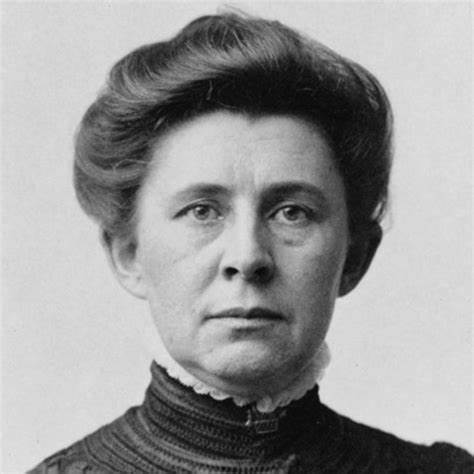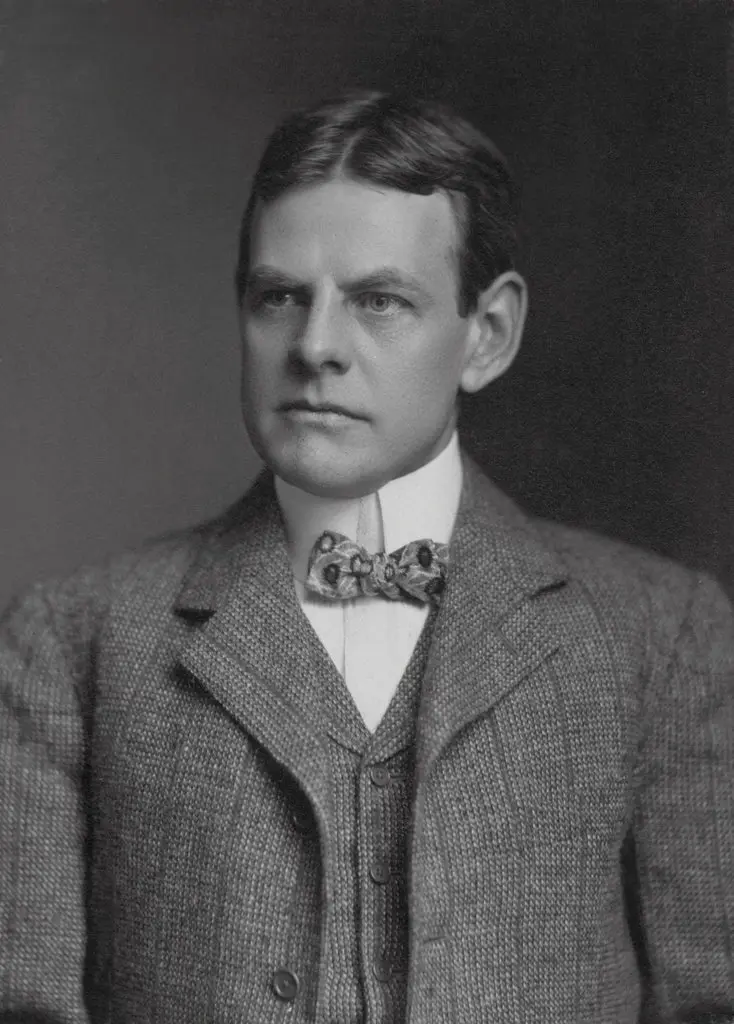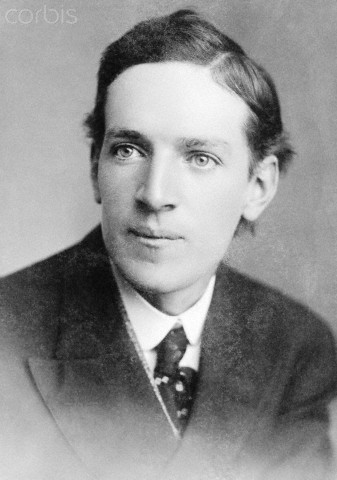From the late 1800s to the early 1900s, there was a group of people who were committed to doing just that.
The muckrakers were a group of journalists who were focused on reporting on true, accurate tellings of economic and political corruption. In simpler terms, they exposed political wrongdoings.
The term "muckraker" came from President Theodore Roosevelt after he first coined the word during a speech on April 16, 1906 regarding the muckrakers' impact of legislative decisions. Some muckrakers didn’t like the term, while others loved it.
In the beginning, muckrakers were influenced by yellow journalism and many of their publications were yellow journalism style. However, as time went on, some muckrakers outgrew the yellow journalism style. The loud, explosive presentation of information wasn't fitting for some muckrakers after a certain period of time, and they converted to more organized, thought out writing.
Some of the most notable investigative journalists/muckrakers were Ida Tarbell, Lincoln Steffens, David Graham Phillips and Upton Sinclair. Each of these muckrakers had different focuses when it came to their reporting.
Lincoln Steffens dedicated most of his work towards exposing urban corporations for things such as child labor and insurance fraud. One of his most famous works includes "Tweed Days in St. Louis" which included subjects such as child labor, prisons, corporations, insurance companies and religion.
Ida Tarbell focused her writing on exposing the actions of the Standard Oil Company. Her most famous work "The History of the Standard Oil Company" exposed the monopolistic behavior of the company. This led many people to not trust the company, and eventually Standard Oil dissolved.
David Graham Phillips' most famous work is titled "The Treason of the Senate: Aldrich, the Head of it All" where he exposes the U.S. Senate of corruption. Phillips' writing led to the creation of the 17th Amendment, which provided the direct election of senators by voters of the states.
Upton Sinclair single handedly changed the food industry with his work "The Jungle." This book led to the passing of two very important acts, the Food Inspection Act and the Pure Food and Drug Act. "The Jungle" exposed and called out the malpractices of the meatpacking industry, and how the products being put out were not inspected nor regulated.
These muckrakers are perfect examples of how journalism can make a difference, and how it's supposed to make a difference. They used accurate facts and the honest truth to make changes in society for the better. They revolutionized the idea of "investigative journalism" and showed how impactful it can be.
While these muckrakers are no longer around, there's still hope for a new set of future muckrakers to make a difference.
Today's journalists should take note of their work and follow in their footsteps. Journalists should be focused on making changes and spreading the truth -- no matter what.
It's about time that the truth was put back into journalism.










No comments:
Post a Comment